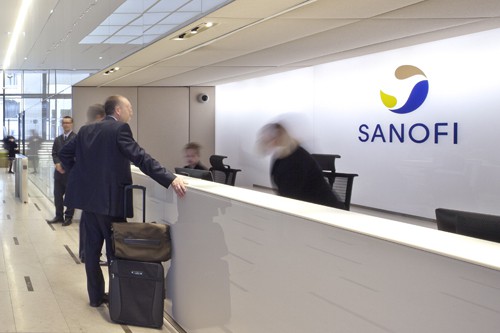
Sanofi has rushed to the defence of blockbuster basal insulin product Lantus in the US once again, filing a patent infringement lawsuit against Merck & Co.
The suit has been prompted by Merck’s filing for approval of a biosimilar version of Lantus (insulin glargine) called MK-1293 last month, and alleges infringement of 10 patents covering the drug as well as Lilly’s SoloStar pen injector device.
The case looks like a re-run of Sanofi’s earlier lawsuit against Eli Lilly, which was settled a year ago after Lilly agreed to pay royalties to the French pharma group in exchange for a license to certain Sanofi patents.
Lilly also agreed to hold off on launching its pen injector formulation of the Basaglar product – already on the market as Abasaglar in Europe – until 15 December 2016. It was free to move ahead with the launch of a vial formulation of the biosimilar, although vials are thought to represent only around a third of total Lantus sales.
Lantus made more than $7bn in sales last year but is already showing the effects of competition from biosimilars and other branded basal insulin rivals such as Novo Nordisk’s Levemir (insulin detemir), with sales dropping 11%.
That trend continued with another 15% decline in the first half of 2016, with the falls not fully compensated by growth for longer-acting insulin glargine follow-up Toujeo.
Nevertheless, every additional month of exclusivity gained in the US market limits the decline in Lantus and allows Toujeo and Sanofi’s other new products such as cholesterol-lowering therapy Praluent (alirocumab) to gain ground.
Merck (known as MSD outside the US), which developed its biosimilar in partnership with Samsung Bioepis, has also filed for approval of the drug in Europe.




